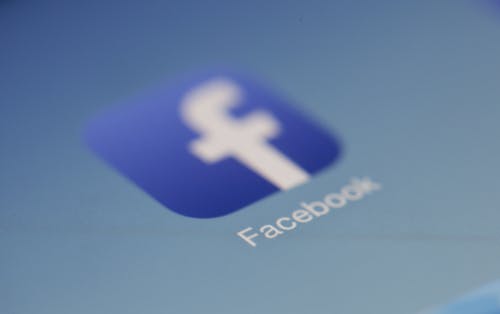Facebook today unveiled its long rumored cryptocurrency, which will be known as Libra, and you won’t need a Facebook account to use it.
That’s because Facebook says it wants to help those without bank accounts.
“Libra holds the potential to provide billions of people around the world with access to a more inclusive, more open financial ecosystem,” said David Marcus, the Facebook executive at the helm of its cryptocurrency operation.
To do that, Facebook is launching a subsidiary company called Calibra. Calibra will be a mobile app that lets users send and receive Libra. It will exist as standalone iOS and Android apps, and also be part of WhatsApp and Messenger, Facebook’s messaging apps.
The World Bank estimates there are 1.7 billion people in the world who have a mobile phone, but not a bank account. The hope is Libra will allow them to make payments and send cash without the often high fees the financial industry charges.
Lofty goals aside, creating a simple way for Facebook’s more than 2 billion users to pay for things and exchange money between countries could also help the company diversify beyond advertising, which today accounts for nearly all of its revenue.
To protect users’ privacy, Facebook says Calibra won’t mingle Libra payments with Facebook data. That means it can’t be used for ad targeting and a user’s real identity won’t be tied to publicly visible transactions.
Unlike Bitcoin and Ethereum, Libra will be a stable coin backed by a basket of currencies and government bonds. The testnet for the Libra Blockchain is expected to be ready in the next several weeks, but Libra and Calibra will only publicly be available for production use sometime in the “first half of 2020.”
More than two dozen companies have been enlisted to invest $10 million apiece towards the currency’s upkeep in return for a vote in its governance, via a not-for-profit foundation called the Libra Association. These range from payment firms like Mastercard and PayPal to tech firms including Ebay, Uber, and Spotify, as well as venture capital firms, blockchain companies, and non-profit groups. Facebook won’t fully control Libra, but instead will get a single vote in its governance like other founding members.
Libra will start out on a permissioned blockchain that uses LibraBFT, a Byzantine Fault Tolerant consensus protocol. Facebook says that will make it “extraordinarily difficult for an attacker to compromise 33 separately run nodes that would be required to launch an attack against the system.”
It will be secured by 100 validating nodes. Libra will transition to a permissionless blockchain over time.




